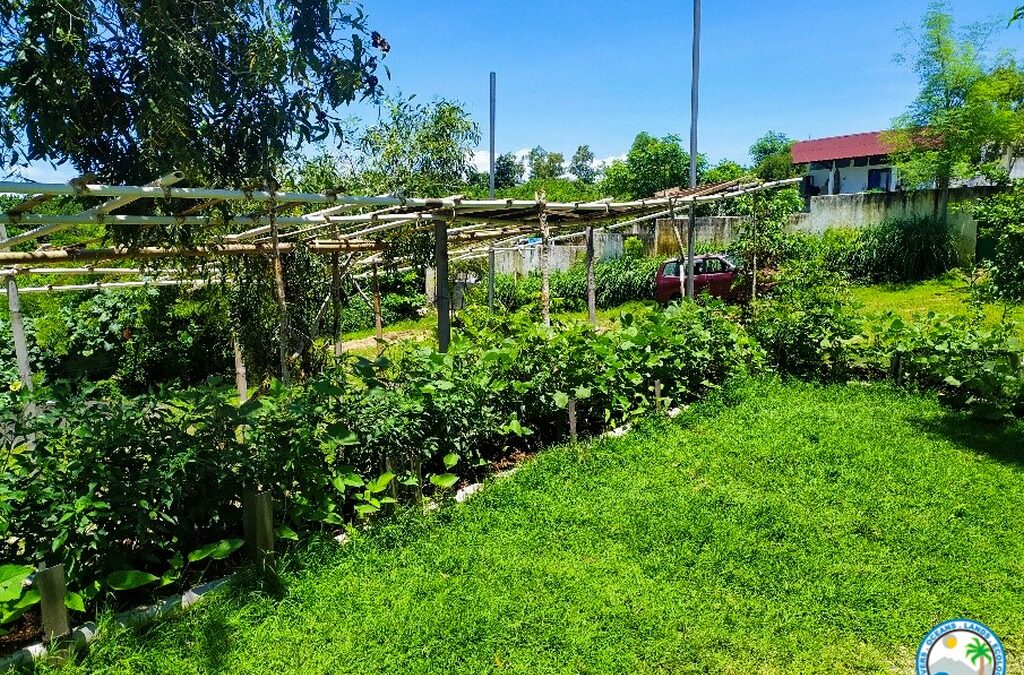For quite some time now, Permaculture has more and more become an integral part in the process of developing R.O.L.E. Foundation’s Community Environment and Skills Centre. Since the beginning of the year there have been various projects with the main focus on rainwater management and food self-sufficiency. It is therefore especially in times of catastrophe and crisis a very useful toolkit to help mitigate.
Permaculture in a nutshell
Permaculture is a word composition of permanent agriculture. It is first of all an approach to create and design sustainable and resilient systems. More precisely, Permaculture aims to imitate observed patterns from nature in order to create new and more likely optimize existing (eco)systems. As the name indicates, agriculture and “gardening” take a big part in permaculture activities, but there’s more to that – social permaculture for example. For a better understanding and easier implementation of the concept, there are 3 Ethics and 12 Principles, established by Bill Mollison and David Holmgren – the founders of the “first permaculture concept” in 1978.
Permaculture Ethics
- Earth Care: Care for the Earth and protect and respect all that live on it. Natural resources are the key to a resilient future. Any action that damages, pollutes or destroys the natural environment has the same effect on people.
- People Care: Support and help each other to change to and create ways of living that do not harm all kind of beings or the planet, and to develop healthy societies.
Keywords are: Equality, Respect and Opportunity. - Fair Share: Distribute surplus and place limits on consumption. Work so that the Earth’s limited resources are used in ways that are equitable and wise. Cooperation not competition is the key.
Permaculture Principles
The Ethics are the theoretic framework of permaculture whereas the 12 Principles guide us turning our ideas into practice.
![]()
Permaculture on the site
Since the rainy season has started in January (quite late this year), the R.O.L.E. team has been working on managing rainwater overflow. First, a rainwater catchment on the office’s roof has been installed. It is now connected with the existing water pipe system which makes it possible to alternate the use of rainwater and groundwater. Further measures have been undertaken in order to reduce the rainwater overflow and instead integrate it into our park through a drainage system.
Besides our common activities, the production of liquid fertilizer and compost and the nursing of different types of domestic and non-domestic plants, the focus during the last months has been on building a vegetable garden. Over the last couple of weeks, a lot of chili, eggplants, beans and tomatoes could be harvested. But until now, only some chilies and tomatoes have found their ways into one or another dish of the R.O.L.E. and Bali WISE team members.
You will find out what R.O.L.E. is doing with the rest of the harvest in the next permaculture blog post.

Since we are all spending more time at home, what about creating your own green oasis at home?
We have lots of different types of plants ready to be adopted. Click the button below to start your adoption!


Recent Comments